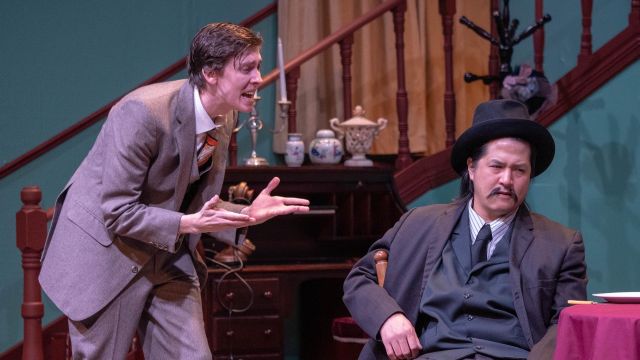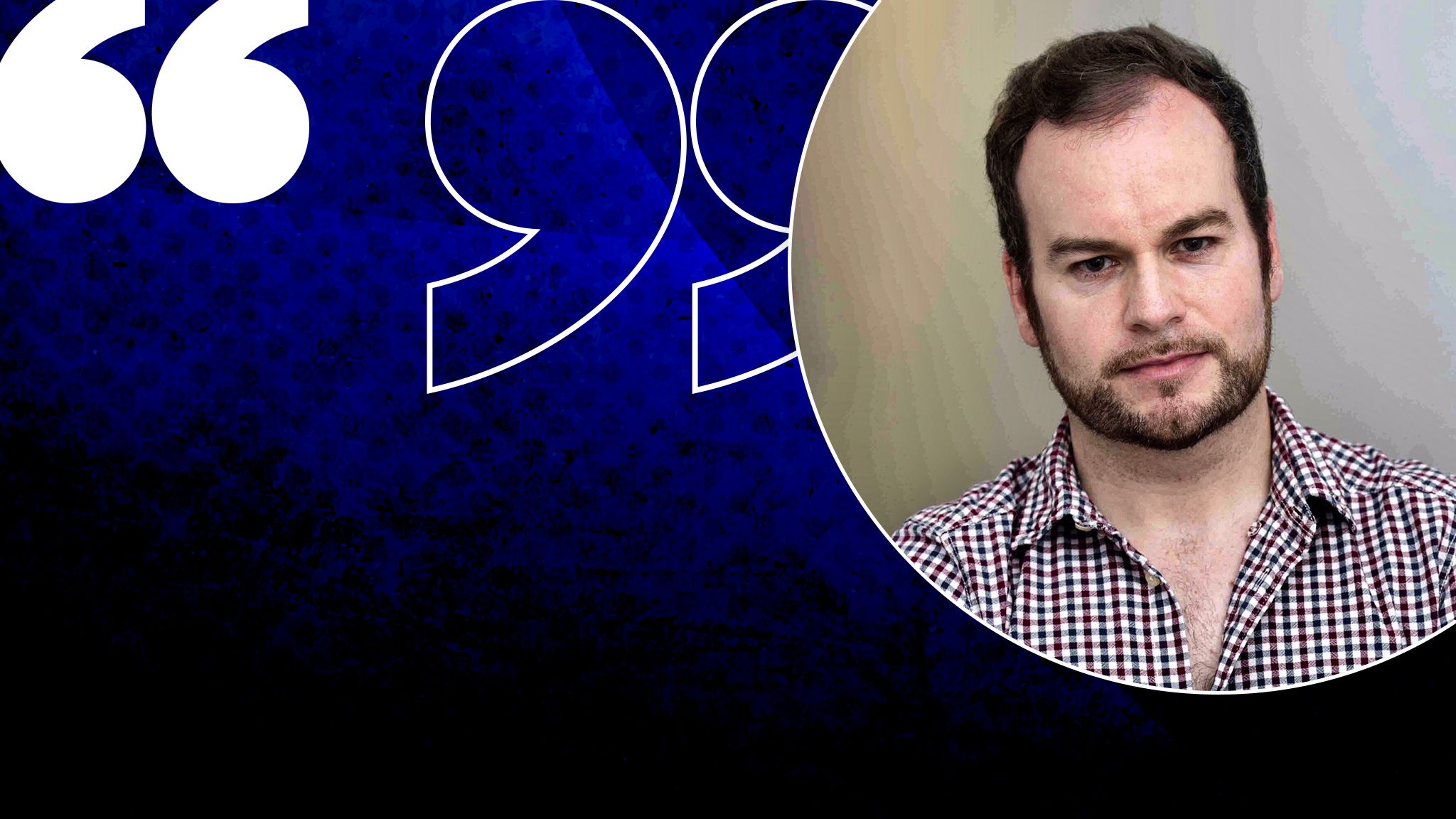

Really, circumstances have a large part to play in how a man can rise to destiny. I don’t think anyone else could have galvanized his people as he did. His conviction that he knew exactly what to do was incredible. You know what he gained from the disaster at Gallipoli in the First World War? That what was wrong was that he was only second in command. It would be interesting to see how he would be remembered if he had failed. His maverick qualities, his self-confidence appealed to me. Nevertheless, what he did in the Second World War was remarkable. Did you find any irony in being asked to portray the Briton who played a key role in negotiating the treaty with Sinn Fein regarding Irish freedom in the 1920s?īG: It was a definite factor. The longer I portrayed him, the more I saw his virtues.ĪCG: In Ireland, feelings toward Churchill might charitably be called mixed, if not outright hostile. So for me it was interesting to sit on his side of the table for awhile.Ī lady once said, when you first meet Winston you’re aware of all of his faults and you spend the rest of your life discovering his virtues. He was very tough, very bullish while negotiating Irish freedom. His resilience and self-belief and facing down a situation so much greater than he was at the time-his ability to make people realize they were more than they thought they were.Ĭoming from my background (growing up in Ireland), I was aware of what it was like to sit across from him at the table. As an actor, you can’t be the real person, but that’s where imagination becomes important, to show how they might have felt, how they might have reacted.ĪCG: In particular, what appealed to you or challenged you about playing Winston Churchill?īG: He’s such a complex individual. Historical dramas are about what happens when people, ordinary people, get into what the Chinese call "interesting times," and we see how they react. If you do a historical film and do it with integrity, you don’t have to convince them this is real. In any film the huge challenge is to make people believe something happened.
#Brendan thinking home movies movie#
I think the movie business needs to remember that we need to entertain people.ĪCG: What is it that attracts you to history-based films?īG: There’s a very interesting thing that happens to an actor in terms of historical projects.

When that’s done, I can go do something fun like Harry Potter. I try not to do rubbish, number 1, but I do try to take on one project a year that has real artistic merit and is a real artistic challenge.

Do the two genres place different demands on you as an actor?īrendan Gleeson: Yeah, I tend to search out variety as much as I can.
#Brendan thinking home movies free#
Into the Storm is presented by HBO Films in association with BBC, a Scott Free production and a Rainmark Films production of a film by Thaddeus O’Sullivan written by Hugh Whitemore.Ī: Your film career contains an interesting mix of character-driven historical dramas along with films heavy with special effects, like the Harry Potter movies, Beowulf, and Mission: Impossible II. Recently, he spoke with in an exclusive interview about his career, about portraying Churchill, and about his own grandfather, a member of the Connaught Rangers in World War I. He was nominated for a Golden Globe award for his portrayal of the hit man Ken in 2008’s In Bruges. Gleeson’s extraordinary career has seen him cast in such diverse roles as Hamish Campbell in 1995’s Braveheart, Walter "Monk" McGinn in Gangs of New York, and Professor Alastor "Mad-Eye" Moody in the Harry Potter films. Veteran actor Brendan Gleeson portrays the complex, often contradictory prime minister. On May 31, 2009, at 9 pm Eastern Time, Into the Storm premiers on HBO.This historic drama depicts Sir Winston Churchill during World War II, when he served as Britain’s prime minister. Historical dramas are about what happens when people, ordinary people, get into what the Chinese call ‘interesting times’. Brendan Gleeson as Winston Churchill in ‘Into the Storm’ – An Interview By Gerald D.


 0 kommentar(er)
0 kommentar(er)
